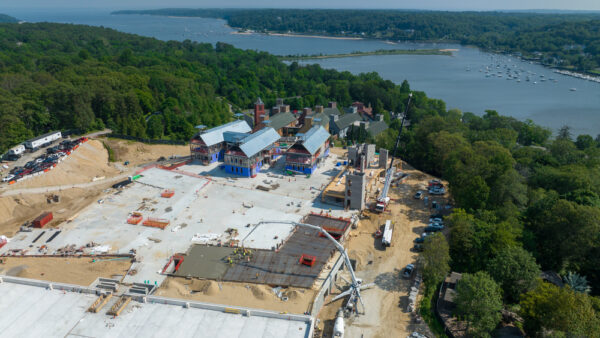The Czech government has approved a plan to begin building a rail network for high-speed trains.
Dan Tok, the Czech transport minister, said on Monday (22 May) that his ministry had been working on legislation, and that a start would be possible “soon”.
Tok said the network would be designed for trains travelling at more than 300 km/h, and would cost around $27bn.
The planned network would be about 660km long, and a number of preparatory studies have been carried out.
The first line of the system would connect Prague and Hamburg via Dresden and Berlin. This would give the Czech Republic better access to western Europe and the wider world through the hooked up to the West European rail network.
In February last year, Bohuslav Sobotka, the prime minister of the Czech Republic, held talks on the link with the government of Saxony. He said afterwards: “We have long been working towards high-speed rail between Prague and Dresden, opening up the high-speed rail network in Western Europe to the Czech Republic.”
At present, the infrastructure of Czech Railways has a top speed of 160 km/h, although its 13km-long test circuit at Velim (pictured) has run tilting trains with a maximum speed of 230 km/h.
Image: An Alstom AGV train on Czech Railways’ Velim test circuit (Miroslav Broz)
Further Reading:






